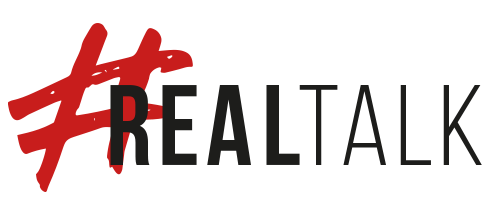RT 11 | Julie Sabine: From Shame to Sharing My Story
On today’s episode, we have the dynamic Julie Sabine, Chief Marketing Officer of Inkblot Therapy, a disrupter in the teletherapy space. One of the biggest supporters of our movement, Julie is a former psychotherapist and talks about her intimate experiences with mental health as a survivor AND a professional.
This show starts with Julie recalling her difficult childhood. Though her parents loved her dearly, they had dramatically different personalities. Because of this, their marriage ended in a divorce when Julie turned 18. How did Julie deal with these major upheavals in her personal life?
Attempting to put up a brave front, Julie reveals that she masked her depression with her extrovert nature. Far from addressing her mental health issues, Julie felt shame instead. Tragically, her father passed away soon after. To further add to her agony, Julie experienced postpartum depression after her second child.
Julie broke down completely.
Julie believes it is important to normalize and treat mental health issues on an urgent basis. If Julie had shared her problems with all her well-wishers, she would have surely healed much faster. A collective effort can help generate greater awareness, remove stigmas, and promote well-being.
How can we cultivate mental well-being so that we are better equipped to deal with life difficulties? Learn about the importance of self-care and starting with yourself. Blinded by ambition, many of us are focus solely on material success and completely ignore self-care.
We also discuss what can we do to remove the stigma commonly associated with mental therapy. Listen now!
WHAT YOU WILL LEARN
Her difficult childhood after her parents’ divorce
How empathy can help us share our problems and ride out difficult times
How the tech industry can cultivate mental well-being
Why pain is necessary to evolve into a stronger, better person
QUOTES
“Depression is like a dark spot that nobody understands.”
“I am an amazing person because of the pain, the things I saw, and the places that I had to go.”
“We, as human beings want to share our stories. That is how we connect.”
“It is so okay to not be okay.”
“The way you think determines your life. If your mental health isn’t in check, your life isn’t in check.”
RESOURCES
